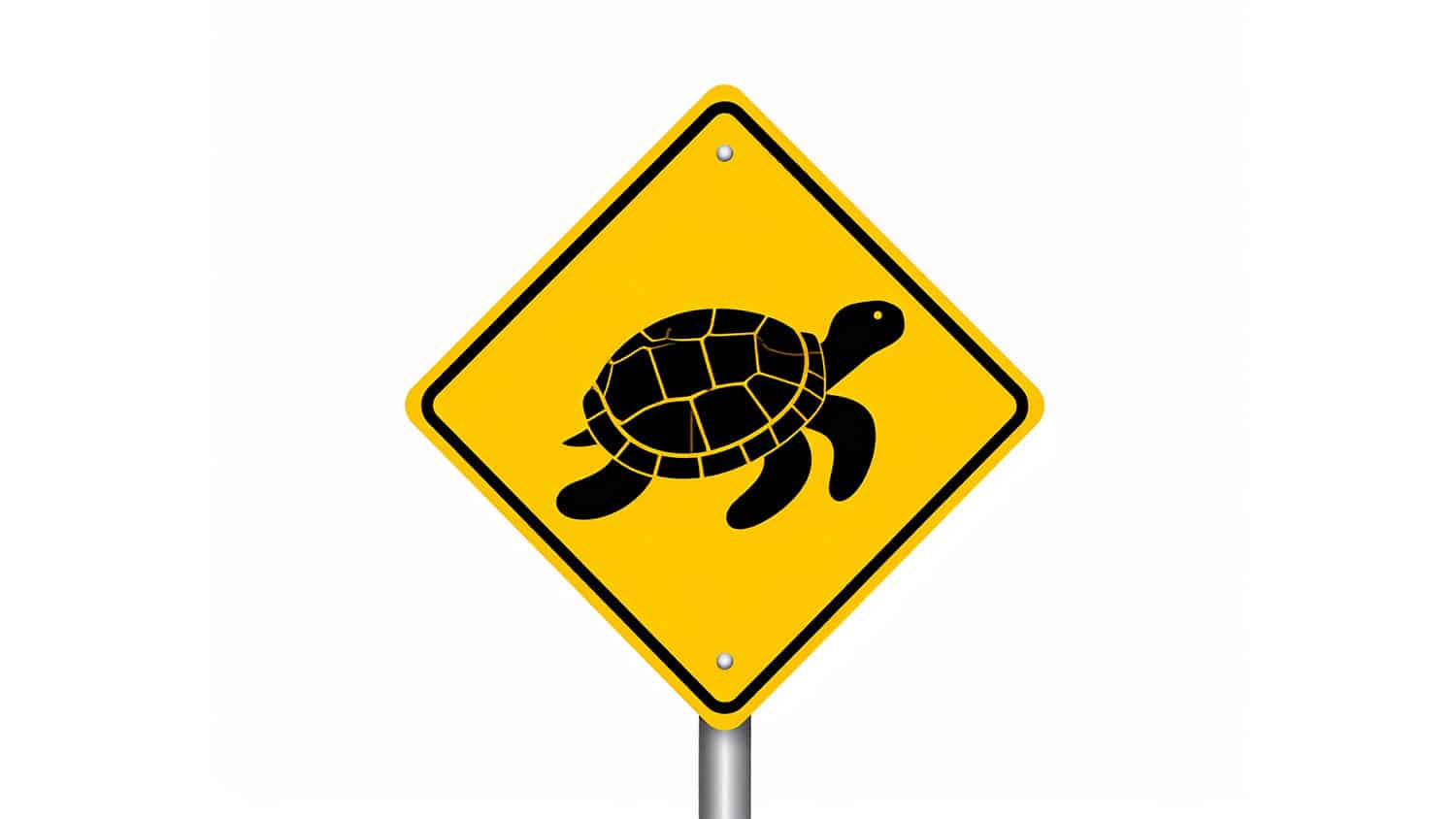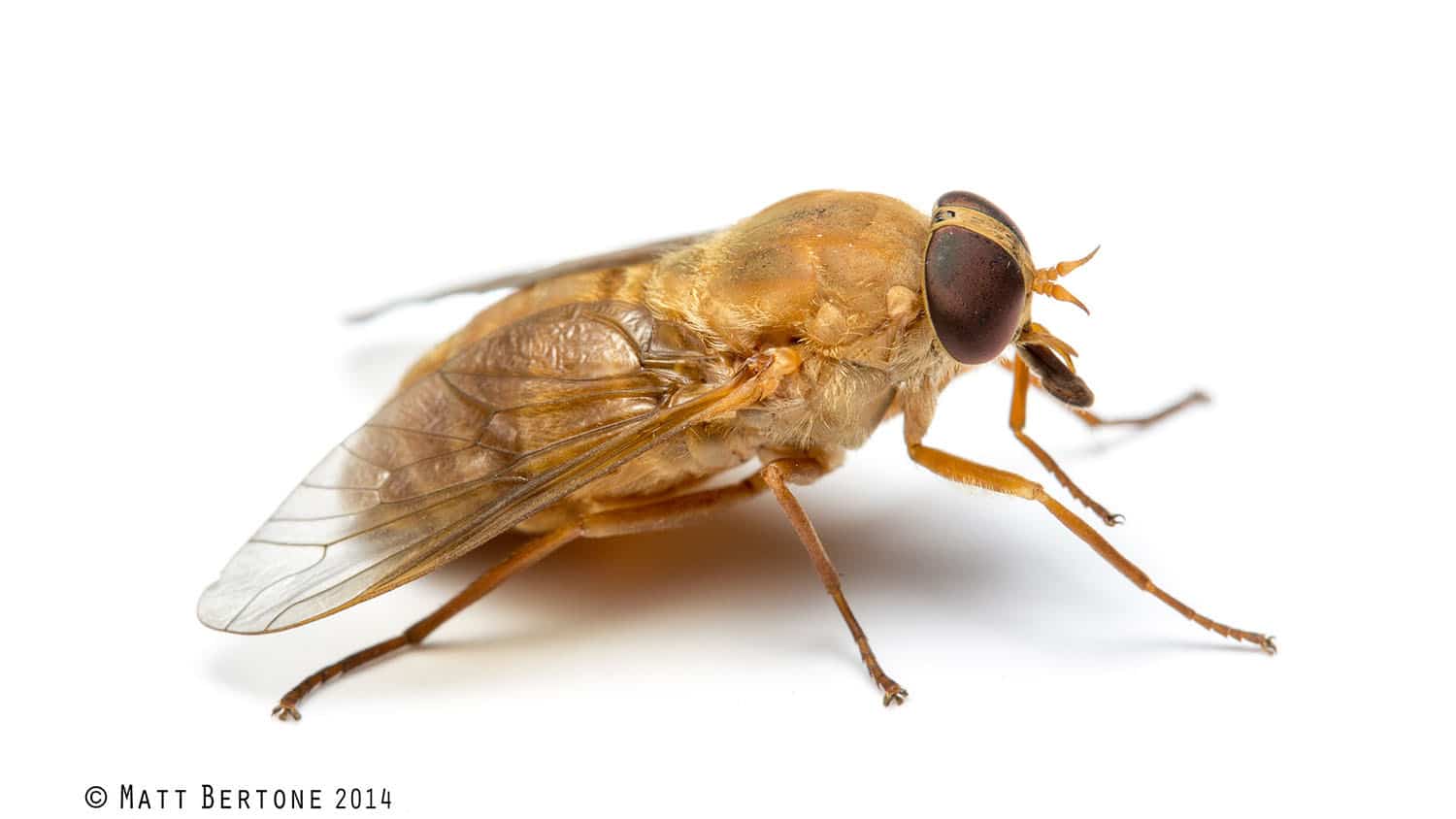My Color Patch Is Shinier Than His

Evolutionary biologists have long suspected that intense competition for mates may speed up the formation of new species, but it has been difficult to find evidence of this effect. In a new paper, NC State biologist Carlos Botero, co-author Nathalie Seddon and colleagues report that bird populations accumulate differences in their physical appearance more quickly if competition for sex – also known as sexual selection – is more intense.
The effect was only observed in males, who often rely on physical appearance to attract females and to communicate with rivals during fights.
“Male birds often compete for access to resources or picky females by showing off their physiques. Because shiny plumage is often an indicator of good health and stamina, males with the brighter plumages are often able to win interactions and get the girls without having to actually fight,” Botero says. “The importance of plumage traits and other mate-attracting characteristics for these processes translates into relatively rapid – in evolutionary terms, anyway – population changes that can ultimately lead to the formation of brand new bird species.”
The researchers used a new approach to assess the influence of sexual selection on speciation – the rise of different species from a single species – by tracking 84 recent speciation events in 23 closely related bird families, with all of the events occurring in the past 2 million years.
Stronger sexual selection was linked with the accumulation of more changes in male plumage traits that made birds stand out to females or that helped males sort out “battles” with other males. These battles are not about fighting to the death, but rather about showing off their plumage to prove how fit they are to monopolize resources or mate with available females.
Other traits, like male foraging or locomotion traits and female plumage traits, did not seem to be affected by increased sexual selection, the researchers asserted.
The study appears in Proceedings of the Royal Society B.
- Categories:


